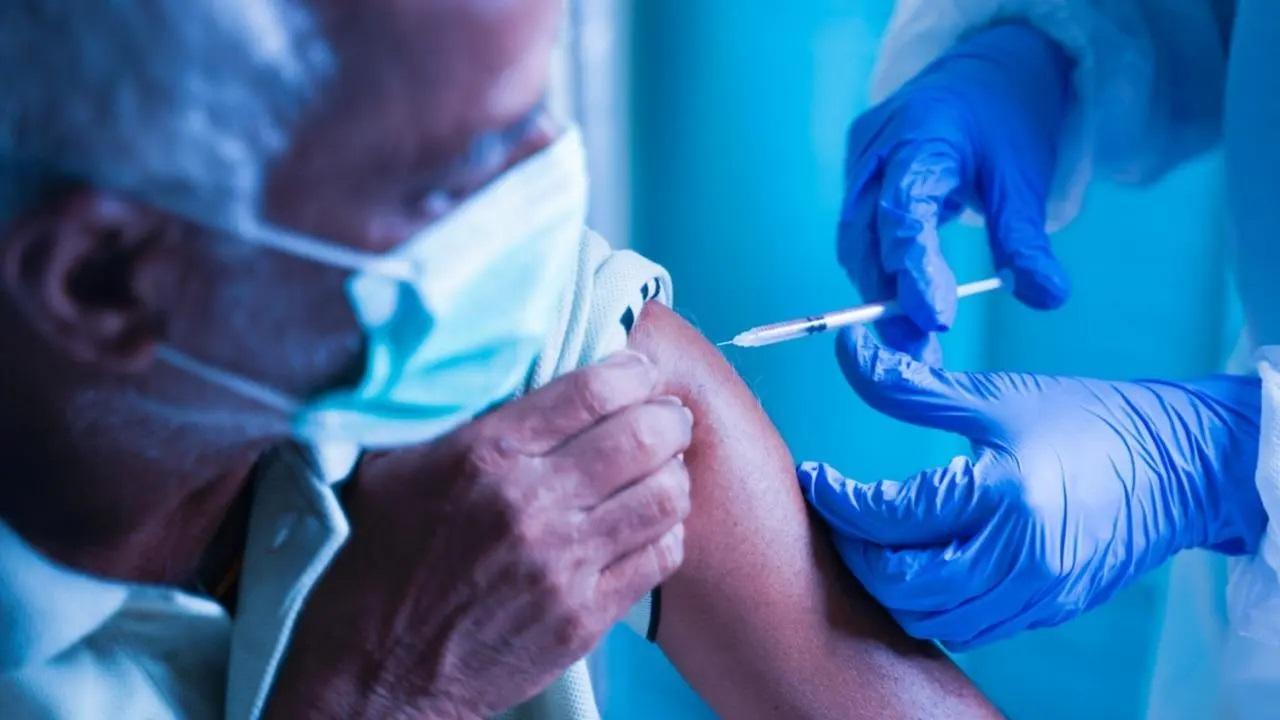The socioeconomic impacts of the pandemic have exacerbated existing disparities in TB care access and outcomes. Disruptions in vaccination campaigns have also contributed to the rise in TB cases post-pandemic

Image for representational purposes only. Photo Courtesy: iStock
A concerning trend is emerging in communities which is a rise in tuberculosis (TB) cases. The impact of the pandemic on healthcare systems led to delays in TB diagnosis and treatment, contributing to an increase in TB infections. Even the disruption of routine health services or inability to access treatment and vaccination programs amid the pandemic further exacerbated the spread of TB. Timely diagnosis and treatment can save the lives of people with this condition.
Tuberculosis (TB), is a highly contagious bacterial infection that primarily affects the lungs but can also spread to other parts of the body. It is caused by Mycobacterium tuberculosis and is transmitted through the air when an infected person coughs or sneezes. Symptoms of tuberculosis can vary depending on where in the body the infection occurs. It's important to be aware of these signs and seek medical attention if experiencing any of them to prevent further transmission and complications associated with untreated TB infections.
ADVERTISEMENT
Also Read: Dry fasting doubles detox speed: Expert guide to fast during Ramadan
“The COVID-19 pandemic has led to a spurt in tuberculosis (TB) cases. The focus was managing the pandemic, leading to reduced access to TB diagnosis and care for many individuals. Lockdowns and travel restrictions limited people's abilities to seek healthcare services, further delaying TB diagnosis and treatment in some cases. The socioeconomic impacts of the pandemic have exacerbated existing disparities in TB care access and outcomes. Disruptions in vaccination campaigns have also contributed to the rise in TB cases post-pandemic.” said Dr. Tanvi Bhatt, Pulmonologist, at Zynova Shalby Hospital.
The recent rise in tuberculosis (TB) cases following the pre-pandemic period has brought to light a concerning trend of delayed diagnosis, resulting in rapid transmission within the community during the COVID-19 pandemic era. As the country was reeling under the pandemic, many TB cases were either overlooked or misdiagnosed, contributing to a surge in new infections. Undetected TB cases can quickly spread through communities, posing a significant public health risk. Many individuals may not be aware of their TB status or may dismiss symptoms as common illnesses, leading to missed opportunities for early detection and treatment. Thus, awareness regarding the signs and symptoms of tuberculosis is a must.
Fortunately, with great efforts from physicians in the government and private sector, TB notifications in the year 2022 showed a favorable rise of 13 per cent as compared to that in the year 2021, which amounts to approximately 172 cases of TB per lakh population. As an attempt to eliminate TB disease, the government has been treating not only the patients suffering from TB disease but has also started targeting those with TB infection and a high likelihood of progressing to the disease state in high-risk populations like those living with HIV infection and household contacts of TB cases. By focusing on proactive measures such as promoting regular screenings and educating communities about TB symptoms and risk factors, preventing further outbreaks, and reducing the burden of this infectious disease is possible, said Dr Abha Mahashur, Consultant Pulmonologist, Lilavati Hospital Mumbai.
As the world starts to recover from the COVID-19 pandemic, another threat looms large in many communities is the spread of tuberculosis. While much attention has been focused on controlling and mitigating the impact of the coronavirus, TB cases have been on the rise in various parts of the country. Unlike COVID-19, TB is not a new or novel virus but rather a persistent and deadly bacterial infection that has plagued humanity for centuries. The lack of access to timely diagnosis and treatment during the height of the pandemic has led to delays in TB detection. Vigilance and swift action are essential in preventing TB from spreading in communities dealing with the aftermath of the COVID-19 pandemic. 25,37,235 TB cases were notified in 2023 in India.
In 2022, India had notified 24,22,121 TB cases this was 13% more as compared to 2021 when 21,35,830 TB cases were notified in the last 1 year. Due to the pandemic, TB notifications fell sharply in 2020 and 2021. Compared with 2019 when 24,04,815 TB cases were notified before the pandemic began, in 2020, TB notifications dropped to 18,05,670. TB can affect any age group and gender. It is more commonly seen in patients who have immunocompromised diseases like HIV, organ transplant resilience, etc. TB also very commonly affects people who have chronic diseases like Diabetes, Chronic Lung diseases (ILD, COPD, Asthma, etc.), Chronic Kidney Disease, Chronic liver disease, Cancer, Chronic Heart disease, etc. Elderly people and children are at high risk of getting TB. RNTCP notified male to female TB patient ratio as 3:1. Observing 30 to 40 patients for TB. Timely prompt diagnosis and treatment of tuberculosis is crucial in preventing the spread of the disease and improving patient outcomes.” highlighted Dr. Kushal M Chidgupkar, Clinical and Interventional Pulmonologist, Apollo Spectra Mumbai.
 Subscribe today by clicking the link and stay updated with the latest news!" Click here!
Subscribe today by clicking the link and stay updated with the latest news!" Click here!








